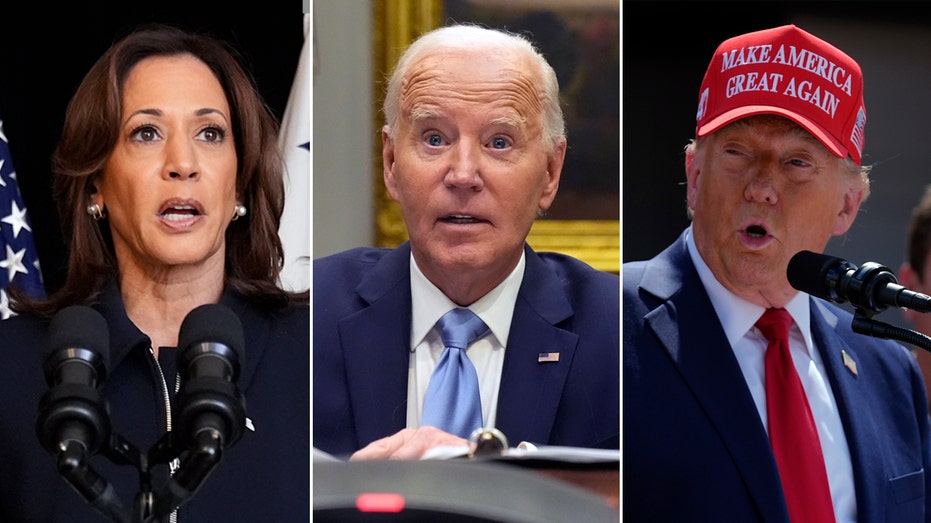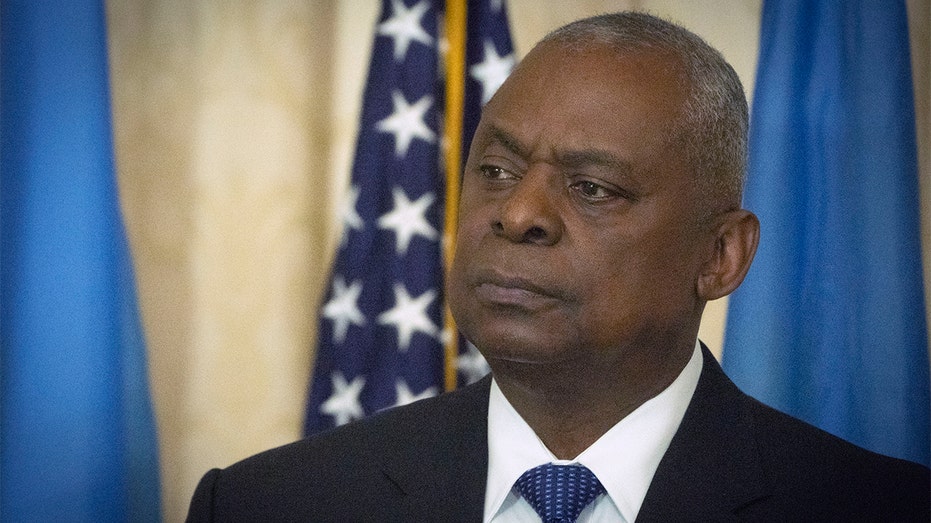Trump’s Idiot Lawyer Admits His Client Did Something Suspicious
On Wednesday, Trump attorney Will Scharf was left tongue-tied after one simple question from CNN’s Kaitlan Collins. Collins asked Scharf, also a Republican candidate in Missouri’s race for attorney general, “You’re an attorney, obviously: Have you ever gotten a legal retainer that was grossed up by hundreds of thousands of dollars?”The reference to Donald Trump’s hush-money case caught Scharf off guard, and he scrambled to put together an answer. “Uh-uh-uh, I mean I’ve received payment for legal services in many ways before: contingency fees, fee per hour,” Scharf said. “I think different people come to different agreements.”But Collins wasn’t done. “Have you ever been owed a certain amount, let’s say $100,000 that you did in billable hours and you got $330,000?” she asked. Scharf still had to gather his thoughts. “Kaitlan, I, respectfully, the point here is that the payments are ancillary to the case that the prosecution is trying to prove which relates to the records of the payments, not the payments themselves,” he said. “Hush-money reimbursement for hush money—none of that’s a crime.”The exchange is telling. While Scharf isn’t part of Trump’s hush-money case, he, thanks to his legal knowledge, clearly has trouble justifying Trump’s actions. Trump is charged with 34 felony counts for allegedly falsifying business records with the intent to further an underlying crime by using his former fixer and attorney, Michael Cohen, to pay off adult film actress Stormy Daniels to cover up an affair before the 2016 presidential election. Trump made the “grossed up” payments to Cohen to reimburse him for paying off Daniels and to avoid taxes and scrutiny. Cohen’s testimony has made it clear that Trump was involved in every step of the alleged crime. If the Republican presidential nominee is found guilty in the case, how will his attorneys and surrogates justify it?

On Wednesday, Trump attorney Will Scharf was left tongue-tied after one simple question from CNN’s Kaitlan Collins.
Collins asked Scharf, also a Republican candidate in Missouri’s race for attorney general, “You’re an attorney, obviously: Have you ever gotten a legal retainer that was grossed up by hundreds of thousands of dollars?”
The reference to Donald Trump’s hush-money case caught Scharf off guard, and he scrambled to put together an answer.
“Uh-uh-uh, I mean I’ve received payment for legal services in many ways before: contingency fees, fee per hour,” Scharf said. “I think different people come to different agreements.”
But Collins wasn’t done. “Have you ever been owed a certain amount, let’s say $100,000 that you did in billable hours and you got $330,000?” she asked.
Scharf still had to gather his thoughts. “Kaitlan, I, respectfully, the point here is that the payments are ancillary to the case that the prosecution is trying to prove which relates to the records of the payments, not the payments themselves,” he said. “Hush-money reimbursement for hush money—none of that’s a crime.”
The exchange is telling. While Scharf isn’t part of Trump’s hush-money case, he, thanks to his legal knowledge, clearly has trouble justifying Trump’s actions. Trump is charged with 34 felony counts for allegedly falsifying business records with the intent to further an underlying crime by using his former fixer and attorney, Michael Cohen, to pay off adult film actress Stormy Daniels to cover up an affair before the 2016 presidential election. Trump made the “grossed up” payments to Cohen to reimburse him for paying off Daniels and to avoid taxes and scrutiny. Cohen’s testimony has made it clear that Trump was involved in every step of the alleged crime. If the Republican presidential nominee is found guilty in the case, how will his attorneys and surrogates justify it?



